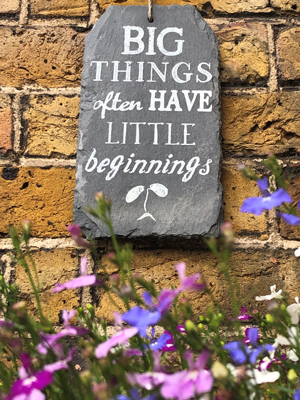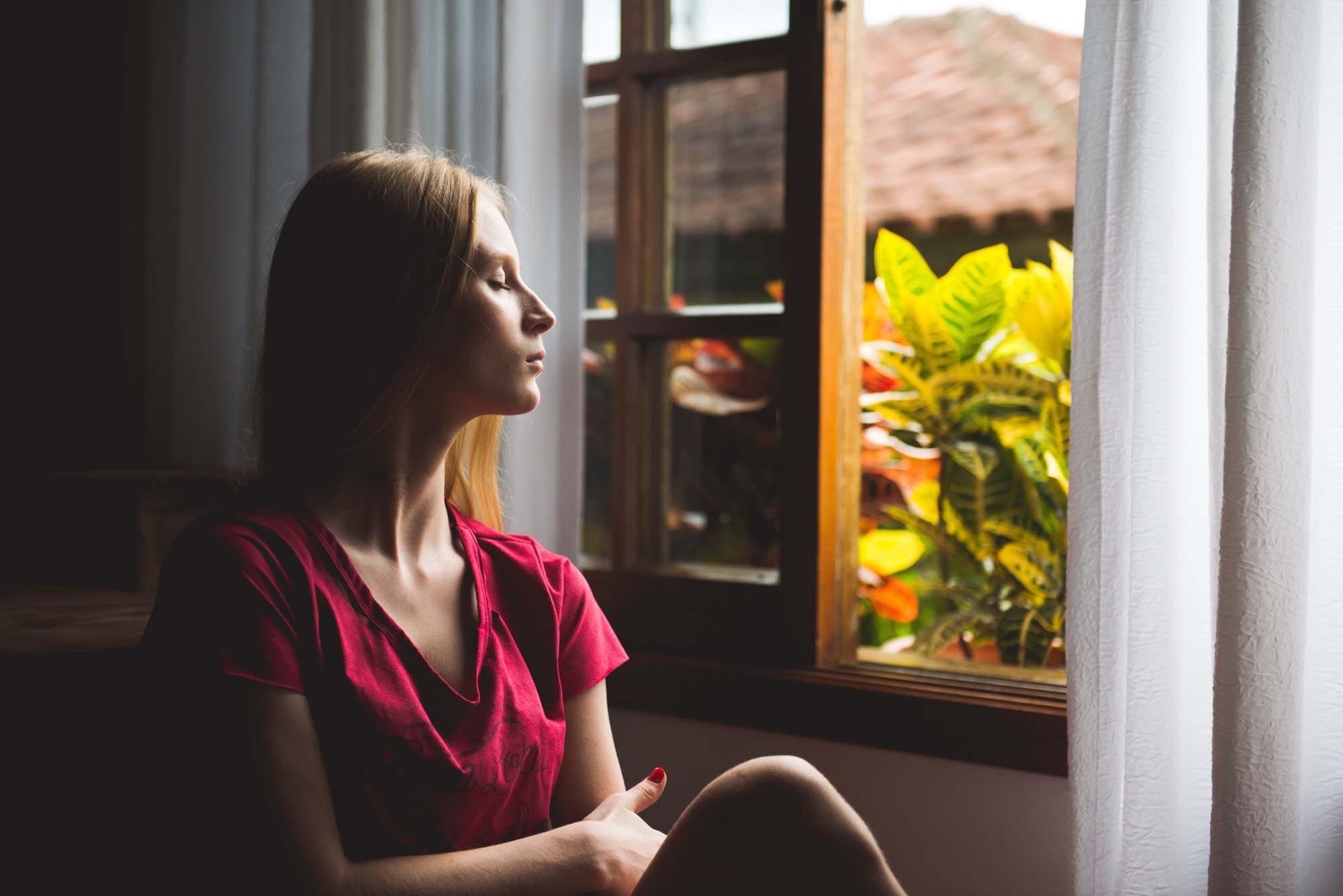Without a doubt one of the things I hear most often from people who have decided that they would like to learn to meditate is that they simply do not have the time and I totally get this. Our lives are a never-ending conveyor belt of chores, to-do lists and mobile phone calendar reminders. And that’s before you’ve been to the supermarket, picked the kids up from school or gone out to work. There just seems to be no time for anything else, and before you know it you haven’t seen your friends for a month and your social life revolves around that box set that you’ve been bingeing on every night before falling into bed the wrong side of midnight.
Sound familiar? Or am I the only one who has spent hours looking for things, only to find the keys in the lock outside, or my remote control behind the yoghurt in the fridge? (That one was surprising). If you’ve made a decision to learn to meditate you already know that the benefits are fabulous, and if they could be put into a pill it would outsell Viagra overnight. But how to actually find the time?
How does Stress affect us?
We know that stress and anxiety affect us in the most irritable of ways, and I’m not just talking about the remote control being in the fridge. Stress makes us scatter-brained, sick and slow. And when it’s all three at the same time that’s when things can really kick off. And yet. Why is it so hard for us to prioritise learning a skill that can literally be a game-changer? Why does our own mental health fall so far down on our list of priorities?

Part of the difficulty comes from the fact that when we are stressed we are scatter-brained, sick or slow, and are unable to deal with things in a logical manner. We are not coming from a place of clarity, we are in survival mode. We cannot prioritise our own health, which you could say is where the madness really lies. It’s like declaring that the car has no petrol in it but that there is no time to go to the petrol station. Of course, we go to the petrol station. Our bodies are no different. We cannot run on empty, and if we try to we will eventually stop functioning coherently. Some of us might stop functioning altogether. Perhaps it’s time to take a leap of faith, and trust the experts when they promise a new way of life beckons. Bear with me on this.
Mindful Meditation
Mindful meditation helps us to create an everyday awareness of what is happening to us right now. For example, you are currently reading this article. Take a moment to locate your feet, your sitting bones, your hands. Are you gripping your mobile phone tightly? Are your feet flat on the floor or are they poised ready for a quick getaway the whole time? Are you sitting down, if so what does the surface on which you are sitting feel like? Can you feel it? Moment by moment awareness automatically brings your attention to the present moment. And what’s so good about that I hear you ask? Well, it means that you are not thinking about the past; ruminating, dwelling, regretting. Nor are you thinking about the future; planning, worrying, creating uncertainty. It is well established that the more time we spend thinking about the past or the future, the more stress and anxiety we will display.

When we are able to cultivate an awareness of the present moment, the chatter of our minds quietens. Space is created which allows us to make decisions in an informed and calm way. We no longer make decisions from a place of pressure, which mean less time looking for the mobile phone that you left on the roof of your car. (Ouch). We can cultivate a new appreciation of life and our experience of everyday things can be enhanced. We notice things that we never did before, we acknowledge sensations that we never felt because we were constantly pre occupied, playing catch up and missing the moment altogether.
The question should perhaps be: can we afford not to make time to meditate? When I started I found that the only tactic that worked (and I tried many), was to get up five minutes earlier. And it was only five minutes. I was so exhausted all the time that I thought that any more than five minutes would push me over the edge, especially when some days five minutes of meditation felt like an insurmountable challenge! But as I was reminded recently, big things often have small beginnings. If you want to start, start small. Bite sized chunks of time which will seem tiny compared to the amount of time you spend scrolling on social media or reading the same page of a book three times. The rewards will soon start appearing and those five minutes of meditation a day that you started with will feel like the best investment you ever made. So, 0655 tomorrow morning instead of 0700? Who’s in?




